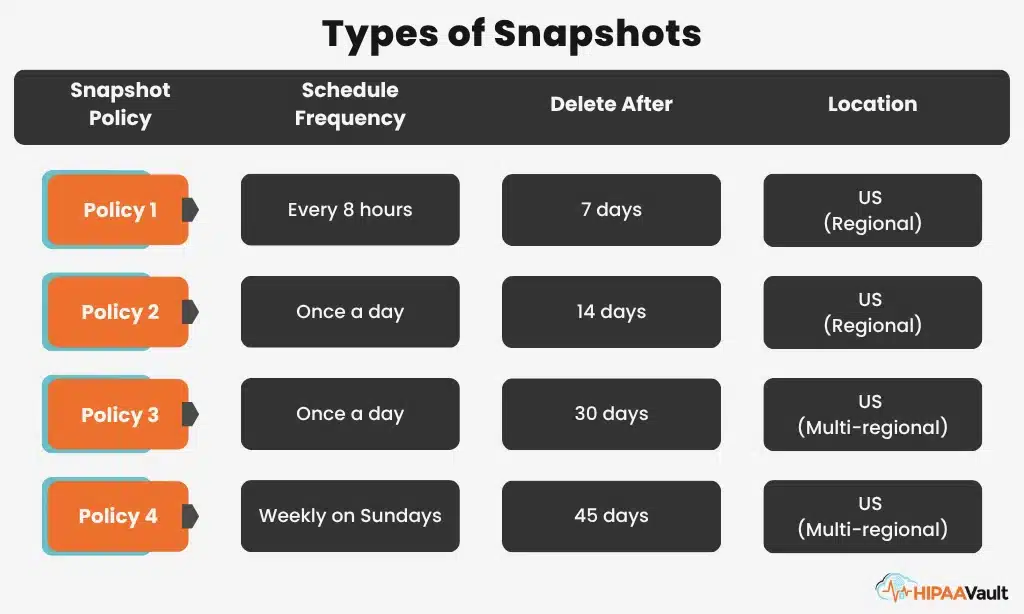Cyber experts are noting a continuing increase in aggressive cyber attacks, with major players like China, Russia, Iran, and North Korea continuing to lead the way. The Ukraine and Brazil also represent growing threats in the cyber war.
The motives behind these foreign IP attacks may include monetary gain, political agenda, or access to confidential information. If your company works with any type of confidential information or sensitive data, configuring your web applications and server settings to block suspicious, foreign IP addresses is vital to add a greater layer of protection to your systems.
In addition, a huge market exists for controlling confidential, government, or private information amongst nation-states. Many nation-state actors have enormous amounts of resources provided to them by private organizations, or even their own governments, in an attempt to hack in to the systems of competing countries or nation states. The results can be highly destructive, crippling the vital resources of these countries while negatively impacting their ability to conduct international business.
Blocking foreign IPs can certainly help prevent future attacks and ensure the security of data. However, implementing an IP-blocking system should never be the only means of protection from unwarranted attacks. Firewalls, Intrusion Detection System, and Intrusion Prevention Systems should be implemented by your organization to ensure a secure network.
A third-party managed security service provider like HIPAA Vault can help by configuring your system for server and application security, and bringing you peace of mind in the face of these increasing attacks.





